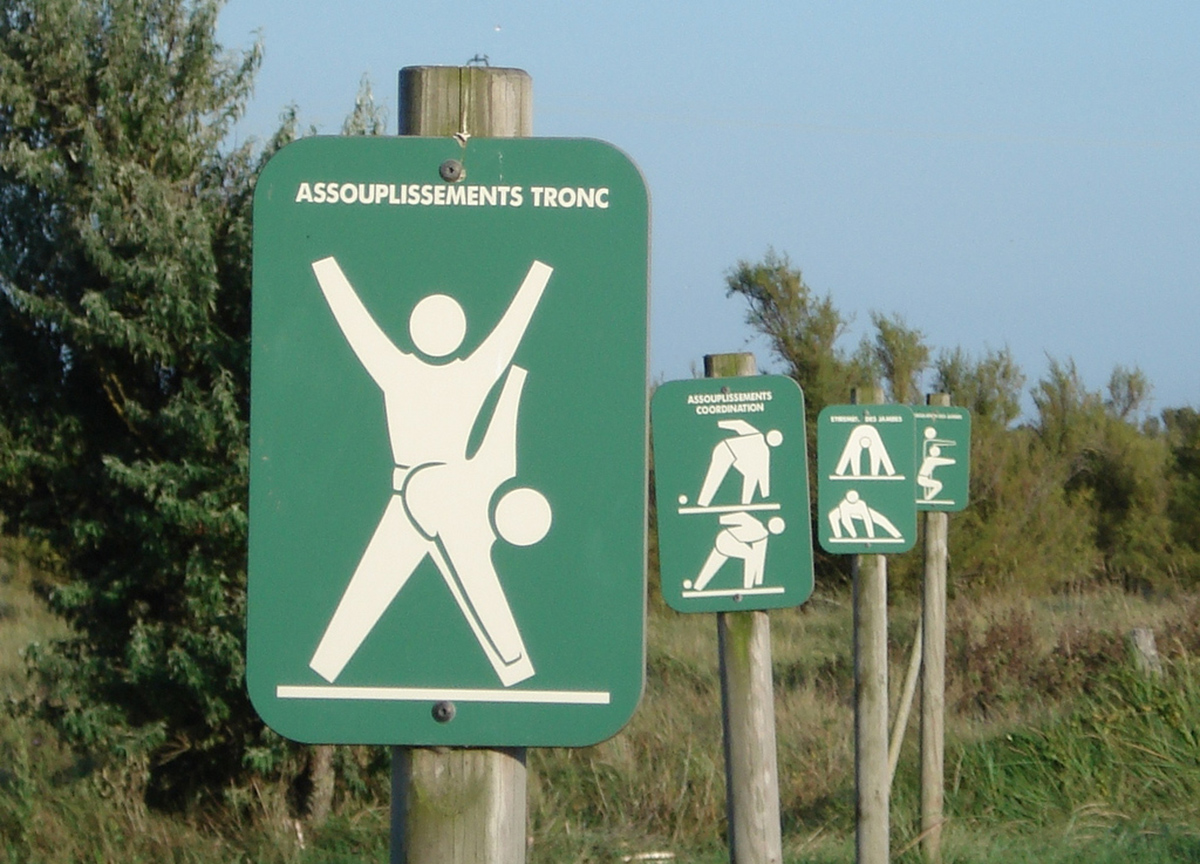Table of Contents
Dr. Soya noted that in terms of attention and rapid decision making, the brains of physically fit older volunteers are like those of younger volunteers. Physically fit elders were faster and more accurate in their responses than older volunteers with lower levels of aerobic fitness, indicating superior attention and reasoning abilities.
This study did not prove that exercise keeps the brain young, only that physically fit men have better brain activity for certain kinds of intellectual tasks. The research team did not investigate specifically which kinds of physical activity helped the older volunteers stay in good mental shape. In general, however, physically fit older people still walk, and perhaps still participate in other activities that keep both body and brain in good condition, such as jogging, sports, and swimming.

Dr. Soya's study is not the only investigation of the role of exercise in maintaining brain health during aging. At least 1073 other studies have looked at aspects of the same issue. Certain recommendations emerge from the scientific literature:
- Regular physical exercise seems to increase angiogenesis, neurogenesis, synaptogenesis, and the synthesis of neurotransmitters, the growth of blood vessels, the creation of new neurons, the construction of new networks in the brain, and the maintenance of healthy levels of chemicals in the brain. The most effective exercise for this purpose combines aerobic activity with coordination activity, for example, hitting a ball, climbing a rock face, running a competitive race. Just repeating the same motions over and over again, such as spending half an hour on ellipticals or working out on an exercise bicycle, doesn't have the same effect.
- Even when people haven't been physically active, "just get moving" exercises help activate the areas of their brains that are needed in more complex sports. A study at the University of Kansas recruited people to work out on ellipticals or treadmills for 75, 150, or 225 minutes a week, in five sessions of 15, 30, or 45 minutes each. As little as 75 minutes of exercise per week increases attention, the ability to concentrate, and the more people exercise, the more their visuospatial ability, their eye-hand coordination improved. If you want to take up a sport or continue a sport in your senior years, then even simple, aerobic exercise can help. Games and sports just help more.
READ Foods That Improve Your Brain Function
- It isn't necessary to work out hard to get brain benefits from exercise. In fact, it's not even always a good idea. Mild to moderate physical exercise increases blood flow through the carotid artery to the brain. Intense physical exercise may actually decrease it. It's better to spend 15 minutes to an hour a day doing physical activities you enjoy, at a comfortable pace, than it is to work hard to try to improve your stamina. After age 60, in particular, exercise is more about preserving your abilities than increasing them, although occasionally late bloomers find a new sport even in the seventh and eighth and ninth decades of life.
There's no doubt that "doing something" just a few (15 to 30) minutes four or five times a week helps you stay more "with it" and engaged in the world around you. Mild aerobic exercise may wake up your brain so you can continue or take up more complex physical activities. It doesn't take a lot to help keep your brain in shape, and the benefits far outweigh the investment of your time.
- Hyodo K, Dan I, Kyutoku Y, Suwabe K, Byun K, Ochi G, Kato M, Soya H. The association between aerobic fitness and cognitive function in older men mediated by frontal lateralization. Neuroimage. 2015 Oct 9.125:291-300. doi: 10.1016/j.neuroimage.2015.09.062. [Epub ahead of print] PMID: 26439424.
- Photo courtesy of Braiu: www.flickr.com/photos/braiu_74/23260390571/
- Photo courtesy of Braiu: www.flickr.com/photos/braiu_74/23260390571/
- Photo courtesy of Sanchom: www.flickr.com/photos/sanchom/2963072255/


Your thoughts on this